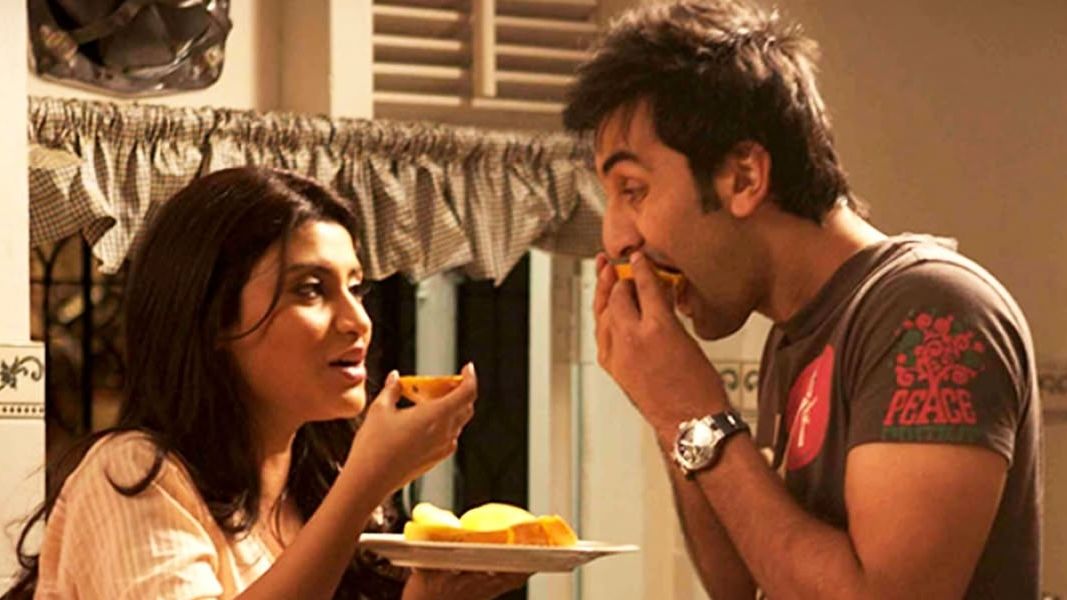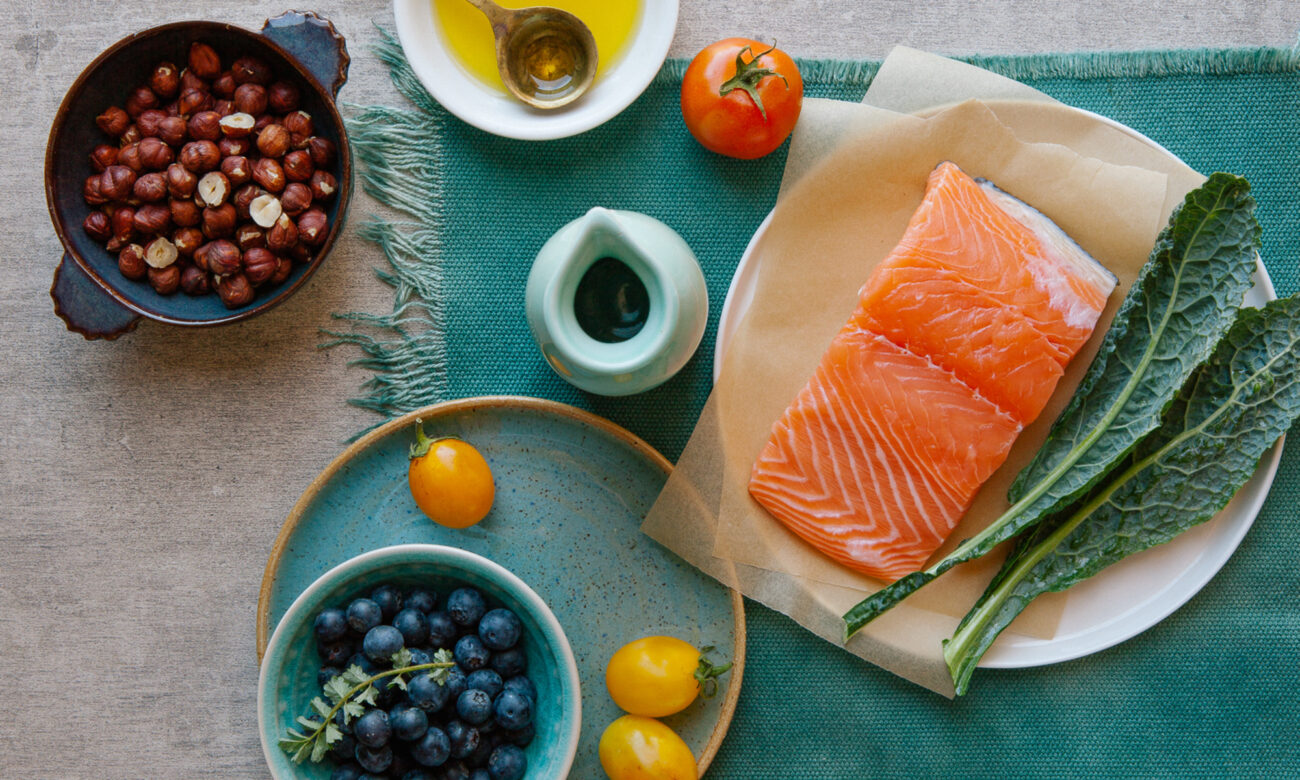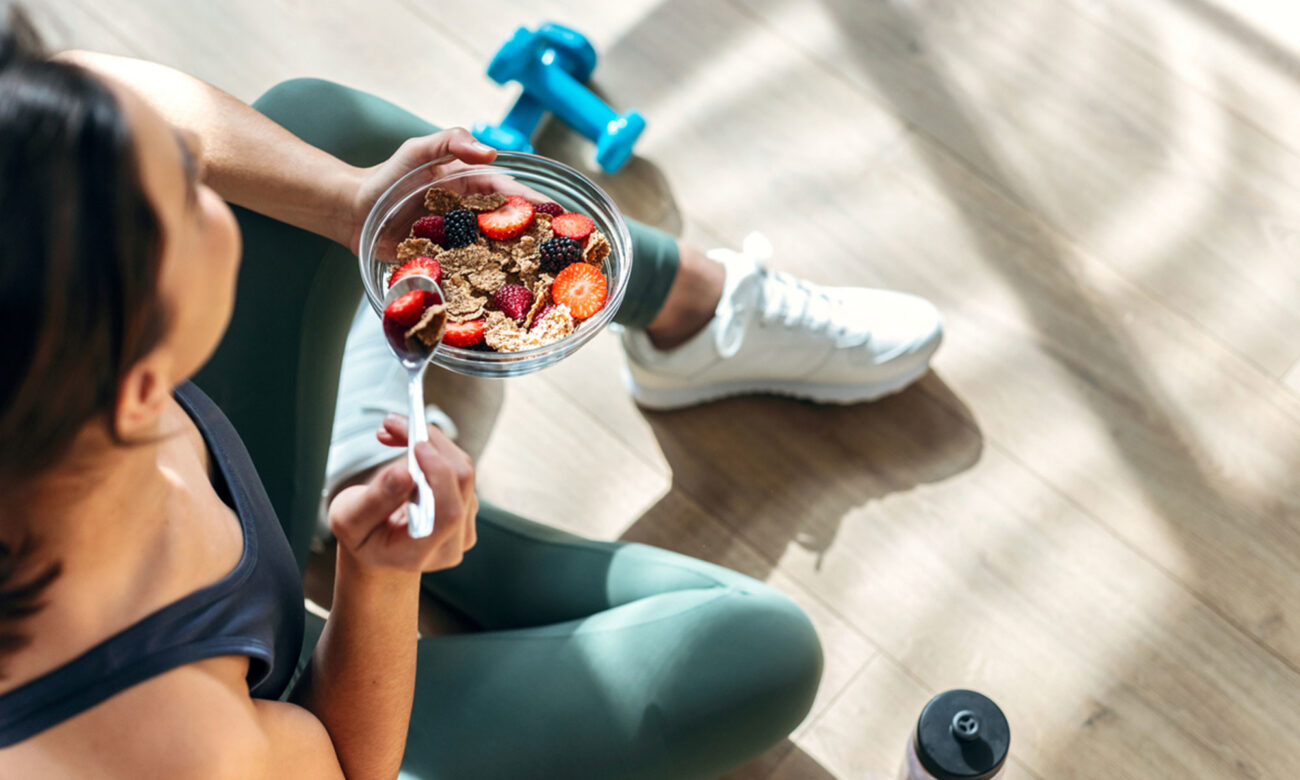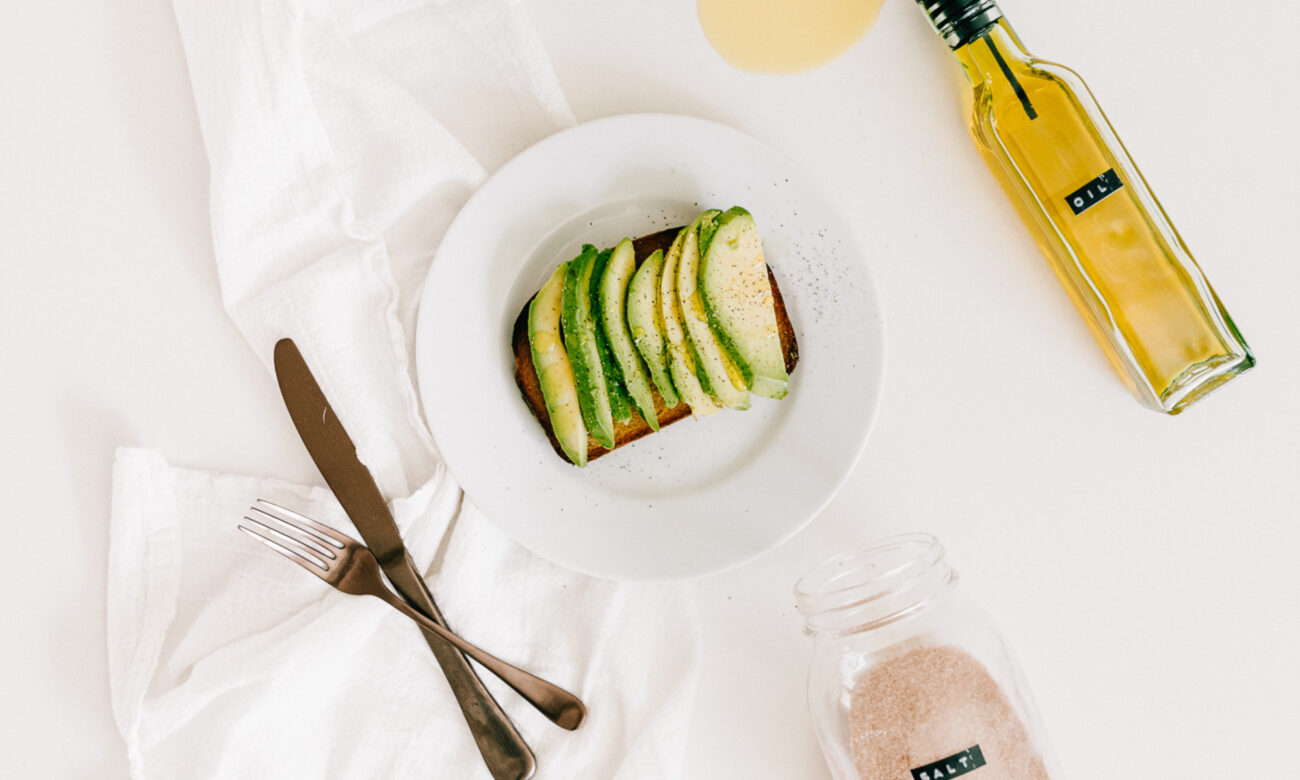Blog
I stopped eating after my break-up, until I realised hunger was not the cure for heartache

My spice tolerance is so low, it practically needs a permission slip to enter a kitchen. And yet, for an entire year, the most stubborn occupant in my refrigerator was a ziplock bag of blazing-hot bird’s eye chillies. I never touched them. He, on the other hand, would bite into them whole—unfazed, teary-eyed, delighted.
We didn’t live together, but he came over often enough for my grocery list to quietly accommodate him. Those chillies were a footnote to our shared meals; too bland for his taste, but he ate them anyway. When we broke up, the chillies stayed. I didn’t touch them for weeks. Not because I thought he’d come back for them. But because no one else I knew could eat them. They were his. Throwing them out felt like cutting the last string between our hearts.
The break-up had no big climax. No storming out, no grand declarations. Just a dwindling thread of texts and a final, flimsy ‘take care.’ I did not heed his final request. I stopped eating.
Therapist Meghna Singhal tells me this is heartbreak 101. “Heartbreak activates the brain’s stress response system. Our body is flooded with cortisol. Digestion slows, appetite drops. Emotional survival becomes the priority.”
In theory, fine. In practice, I was ghosting my own body. Cooking for one felt like performance art, and I was too heartbroken for theatre. My grocery orders, once lovingly curated, shrank to bread and chocolate. Meals became admin. The fridge became a museum of expired intentions. The chillies sat there, growing soft.
When you’re used to eating with someone, feeding them and being fed becomes a love language. A signature of what is not said, but felt. And when they’re gone, the kitchen feels like an abandoned stage. You stop cooking not just because you’re sad, but because the performance has no audience. Singhal agrees. “Nourishment and love are deeply tied. Especially in India, where food is how we speak love. We don’t ask, ‘How are you?’ We ask, ‘Have you eaten?’ It’s an expression of belonging.”
More than being about what you put into your mouth, food has always been about who you are to someone else. The one who brews the chai just right. The one who remembers the spice-to-sour ratio. The one who quietly stops eating onions and garlic because his god says you shouldn’t. He, who discovered quinoa and salads; you, who nudged him toward healthier meals. That role evaporates. And in its place, a strange, sterile detachment. You don’t eat to enjoy, but to finish. Appetite feels like betrayal, like wanting something in a moment that’s supposed to be defined by absence. So you shrink. Meals become mechanical. Hunger feels optional.












